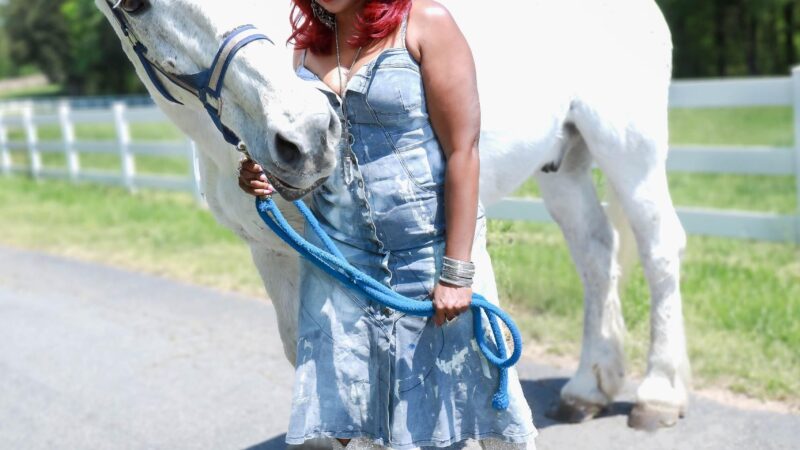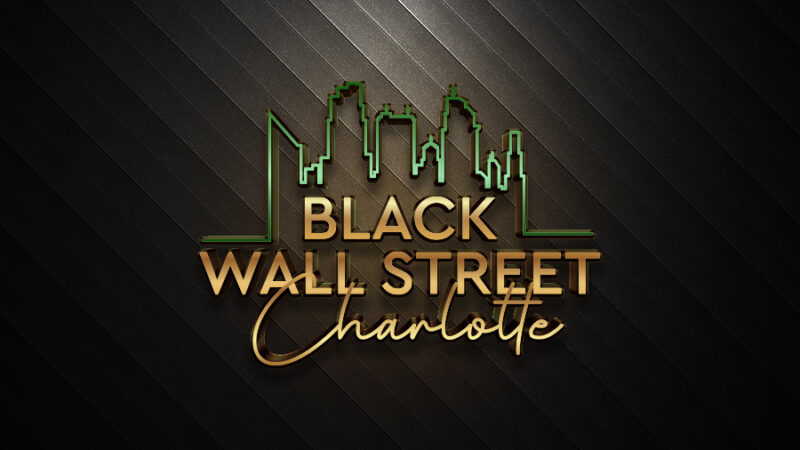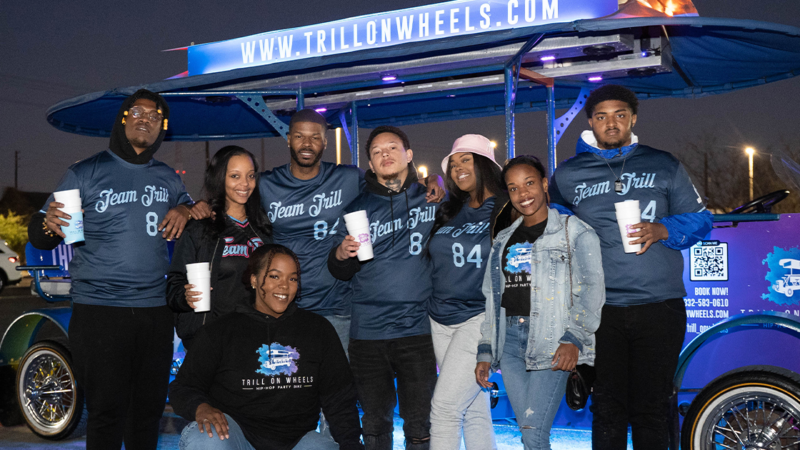A Word With HBCU Founder and Lead Executive, Stacy Milner
Stacy Milner is the marvel behind the Executive Temps and the Entertainment Industry College Outreach Program. She has pushed her HBCU program to be featured in not only LA but also New York. Milner used her vast knowledge to create a self-help book for other entrepreneurs, “Leveraging UP! The key to launching your entertainment career.” Known to be a woman who deals with the arts as well as economics, she sees the benefit to applying both to life. Milner sees that art allows us an avenue to self-expression whereas economics guides us to financially support ourselves and our art; it is an ever-evolving circle.
She took the time to share words of encouragement to new business-minded individuals who are looking to put some weight to their name. Milner advises us how she got her start, what is waiting for her in the next five years, and her outlook on the current thriving state of Black Hollywood.
Can you tell us about your journey towards becoming the Founder of Executive Temps and the Entertainment Industry College Outreach Program
I never had entrepreneurial aspirations. During my years as the former executive assistant to the chairmen of NBC and PARAMOUNT, I realized that there was a need for temporary workers who possessed the ability to hit the ground running when it came to supporting Hollywood executives. I told myself, “if you can create a pool of assistants who know what you know, you can create an agency.” And, that’s exactly what I did, thus the name, Executive Temp.
When it came to establishing the Entertainment Industry College Outreach Program as a 501(c)(3) nonprofit organization, again, we could fill the void and make it possible for the industry to recruit and hire a diverse workforce. I invited agency clients to join me in 2010 for an HBCU College. It included an opportunity to recruit students for internships and other early career opportunities. I even got a call from the Executive Office of the President, under then the Obama administration. After being connected to the President’s team over The White House Initiative on HBCUs, I invited The White House team to Los Angeles to meet the industry. It was important to establish EICOP as a non-profit organization. EICOP allows the industry to put their money where their mouth is, by helping to underwrite the cost of housing and providing paid internships. We are still going strong 30 years later!
More impressively, you became accomplished without attending an accredited university. What does that say about your independence and perseverance?
During the early days of my career journey, it caused me to stay hidden in the background. I felt like I wasn’t smart or good enough and lacked confidence in myself. Then the words of my mother began to speak to me. She always told me and my five brothers, we could be and do anything we set our hearts and minds to accomplish. I have a whole lot of perseverance and that is exactly what led to me accomplishing what I have been able to do without a college degree.
Why was it important to create the EICOP umbrella, HBCU in LA?
For me, it was not enough to just visit the campuses of these historic and storied institutions. It was about creating a pathway for students of color to make their dreams of a career in the entertainment industry come true. I never want to inspire someone without giving them the tools and resources to make it happen. HBCU in LA and now HBCU in NY makes it possible for them to launch a career in an industry where they have long been underrepresented.
What words of encouragement do you have for other determined entrepreneurs?
Research and have a solid plan. Know your competition and your audience. Start small and never despise the day of small beginnings. Be patient and believe in yourself and your vision. Be ready to work hard and long. Enjoy the journey and know, it’s not a sprint, it’s a marathon.
What is your perspective on “Black Hollywood” currently?
We are making strides. Films like Black Panther, Spider-Man: Into the Spider-Verse and other great films as well as additional creative content have made an indelible mark and solidified the bottom-line impact of Black content. I certainly feel there is more that can be done, but I am pleased with the progress and impact that is happening in Hollywood and within the Black Hollywood community overall. Everyone benefits when representation is priority.
Where do you see yourself 5 years from now?
I see myself continuing to guide the vision of EICOP and being a champion for causes that move industry toward greater equity and inclusion. I’ll publish my next book, while taking the time to travel to all the amazing locations on my bucket list.







